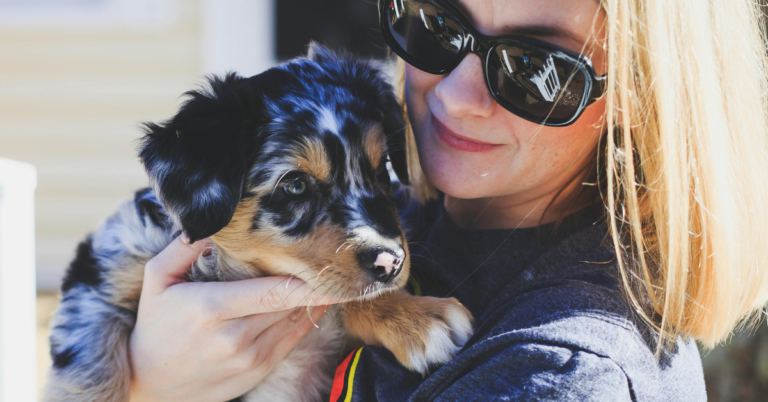10 Reasons Prolonged Alone Time Harms Your Dog

Dogs are social creatures that need companionship, yet many are left alone for long hours. You’ve heard of dogs tearing up furniture or running for the hills, right? Those aren’t just bad habits—they’re cries for help. Stress, anxiety, and boredom can turn even the most well-behaved dogs into escape artists or destructo-maniacs. Left unchecked, these cases can lead to serious health and behavioral problems. Read on to discover 10 significant consequences of leaving them solo for too long.
Separation Anxiety

Dogs thrive on companionship. Leaving them alone for too long can lead to separation anxiety, causing excessive barking, whining, or destructive behavior. Stress might creep in eventually and affect their overall well-being. You don’t want that, do you?
Destructive Behavior

A lonely or anxious dog may chew furniture and shoes, dig through trash, or destroy household items to cope with boredom and frustration. This destructive conduct not only causes damage to your home but can also put your dog at risk of injury.
Barking & Howling

Dogs left alone for too long often bark or howl excessively, especially when feeling lonely or anxious. Their frustration can lead to neighbor complaints and even fines. Constant vocalization signals distress and boredom, meaning your dog needs more companionship, exercise, and mental stimulation.
Potty Accidents

Canines have limited bladder control, and when left alone for too long, it can lead to smelly and wet indoor accidents. This is not only unpleasant but can also stress your dog, as they prefer to relieve themselves outside in natural surroundings.
Lack Of Exercise

Dogs need movement to thrive. Without regular exercise, extended periods alone lead to stiff joints, weight gain, and restless energy. This frustration can turn into hyperactivity or destructive behaviors around the home. A well-exercised pup is happier, healthier, and far less likely to turn your furniture into a chew toy.
Depression

Your pup radiates pure joy in your presence, even during the quietest moments. But prolonged isolation? It can cast a shadow over their spirit. Loneliness isn’t just sadness—it’s a slow, silent thief that drains their enthusiasm, turning playtime into an afterthought and meals into a chore.
Increased Risk Of Escape

Boredom and anxiety fuel escape attempts. A lonely dog may dig, scratch, chew, or slip away just to seek companionship or adventure. But escape comes with dangers—getting lost, injured, or even stolen. Keeping them engaged and secure protects their safety and your peace of mind.
Eating Harmful Items

Dogs often explore with their mouths, and when left alone, they may chew on electrical cords, toxic plants, or household chemicals. Ingestion of dangerous items can lead to poisoning and internal injuries. It may require costly emergency veterinary care that you have not planned for.
Missed Meals And Dehydration

If your dog runs out of food or water when you are away, they risk dehydration and hunger. This can lead to weakness and serious health complications. Automatic feeders and water dispensers can help, but they don’t replace regular human supervision.
Weakened Bond

Leaving your dog solo too often can weaken your bond. We all know that they thrive on attention and routine interactions. So, when they don’t get it daily, they assume that is normal. Hence, they may become distant, less responsive, or even develop trust issues, making training and bonding with them more difficult.





